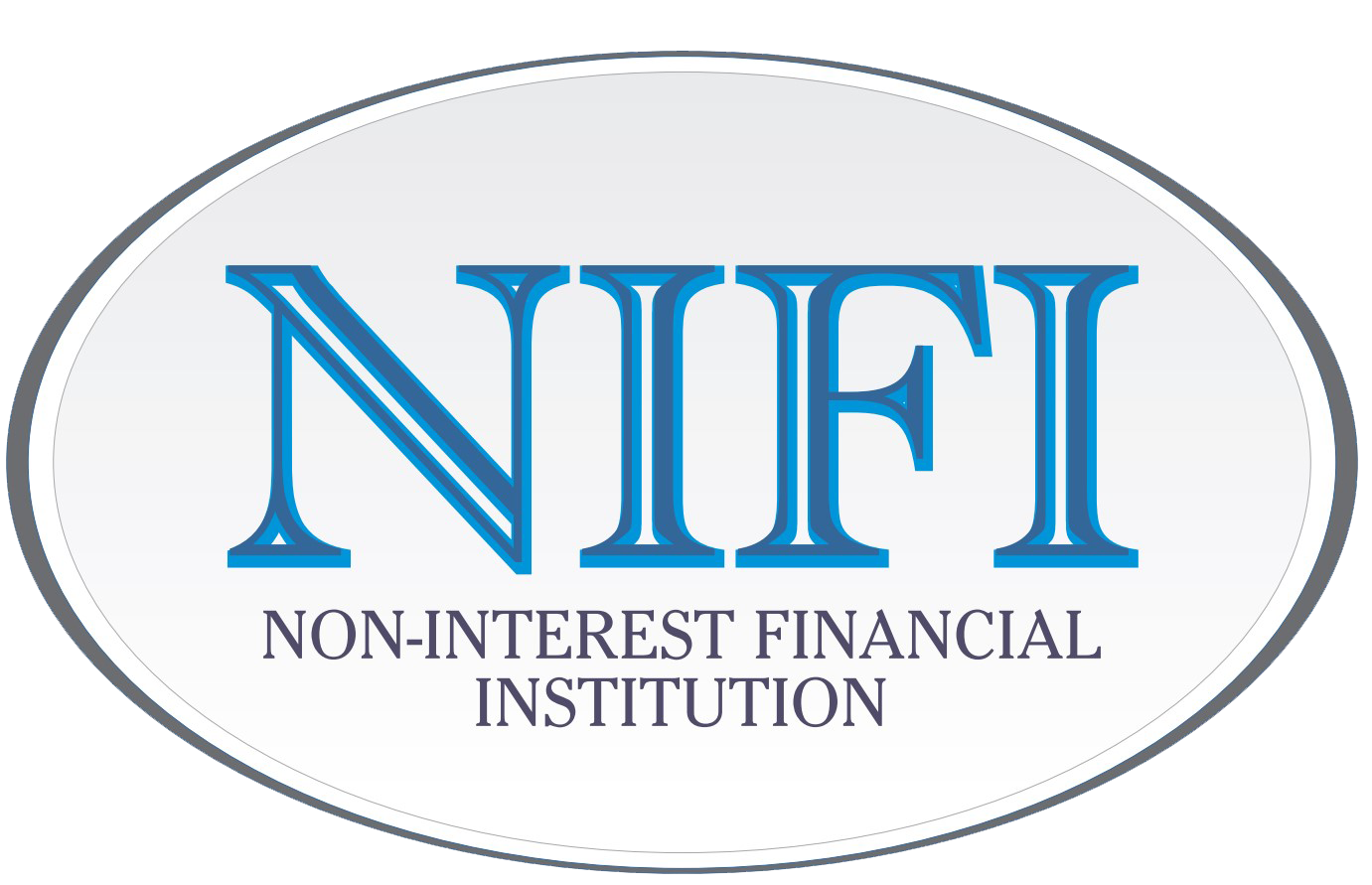” Universal access to financial services is within reach—thanks to new technologies, transformative business models and ambitious reforms… As early as 2020, such instruments as e-commerce platforms, alternate channels, e-money accounts, debit cards and low-cost regular bank accounts significantly increased financial access for those who were excluded. ”
Fintech is the combination of financial services with digitization. Fintech, shortened from financial technology, is assumed to be a modern movement, yet the use of technology to assist financial services is by no means a recent phenomenon. Financial technology is an industry that introduced credit cards in the 1950s, internet banking in the 1990s and since the turn of the millennium, contactless payment technology. Yet, fintech’s place in the public conscience has really taken off in the past three years. Fintech provides a variety of financial products and services, which has seriously affected the number of customers, business scale, operation method of traditional banks.
Non-Interest Banks today are facing rapid and irreversible changes across technology, customer behaviour and regulation. The net effect is that the industry’s current shape and operating models are no longer sustainable into the future. The combined power of these three drivers of industry change – technology, customers and regulation – is increased by the fact that they are often closely interwoven. For example, technological change creates new categories of customer utility, which in turn fuel further technological investment. Similarly, regulatory changes prompt both service and structural innovations, which together change the nature of the activities or entities that need regulating. And all the while, shifting attitudes and expectations are redefining the reality and perceptions of the industry’s role and purpose in society. There are many examples of these dynamics in other industries. Once upon a time, having a telephone that could take pictures would not have ranked high on the hierarchy of customer needs. But the emergence and convenience of this technology altered the whole ecosystem for mobile phones and – by extension – cameras and photograph processing. The automotive sector is another example, with regulation, customer preferences and technological innovation all combining to push the sector into electric and hybrid technology. In the face of such industry-wide shifts, experience shows that those companies that fail to adapt tend to lose out to those that use ongoing technological innovation to re-define and refine the customer experience. Another lesson from history is that it is not enough just to know about your customers’ behaviour and utility at one
2 / 6
point in time, or to rest on the laurels of a one-off innovation. Being able to set customer expectations and preferences, and being able to apply technology to build these into the evolving suite of products and services, are the attributes that enable institutions to succeed in volatile environments.
At the same time, generational shifts in technology can alter the cost structure of whole industries, to the point where what was once a barrier to new entrants suddenly becomes a major handicap for incumbents. Historically, banks’ expensively assembled bespoke physical and software systems have acted as a defensive asset against start-up competition. The rise of software solutions that allow users to embrace mobile banking, ‘bring-your-own-device’ and cloud-based platforms, the defensive asset is turning into a liability in the form of a rigid legacy infrastructure, cost base and technology platform that actually hinder customer innovation. This challenge is heightened by the fact that the inherently intangible nature of banking makes it almost uniquely suitable for digitization and online delivery. This is demonstrated in emerging economies where the branch-and-mainframe phase of banking technology has been bypassed altogether in favour of mobile services.
What is clear is that banking services will migrate increasingly away from physical, tangible distribution into technology-enabled channels. The friction and inertia for customers in moving between banks and other service providers will decline under the impacts of both technology and competition regulation. And as Non-Interest Banking service models become more digitally enabled, and financially more about an agency relationship, the value of brands will tend to rise.
Ethical Banking industry is inevitably going to change: the question is in what ways and by how much? The sheer scope and speed of evolution in regulation, customer behaviour and technology – coupled with changing market dynamics and aggressive non-bank competitors – mean banking in the future cannot simply be a continuation of banking as it has been. Yet banks are facing up to the imperative of change at a time when the task of dealing with legacy issues and a blizzard of regulation is consuming a huge amount of management time. This creates a real risk that they will be left without a clear strategy and business model to execute the degree of transformation required if they are to maintain their central role in the delivery of banking services. Corporate history is full of
3 / 6
cautionary tales about incumbency advantage being lost at the turn of technological cycles.
E-commerce activities as an integral part of financial technology in Nigeria are rapidly growing as a result of vast improvements in telecommunication services. And e-banking is one area of e-commerce that has proven successful in Nigeria Non-Interest Banks. The growth of internet users from year 2000 to 2019 is sporadic as it recorded 73% growth rates. E-commerce benefits include: the convenience to buy and sell online; online dual communications and ease in access to information; ease in product marketing; ease in the selection of products and comparison of prices; reduced transaction costs, readily available information; faster and convenient payments; better customers.
Customers who use digital banking can conduct transactions through a variety of secure digital channels while the bank handles data security, related risk reduction, and regulatory matters. This is accomplished by combining the newest digital technologies online and mobile banking services such as analytics, social media, creative payment methods, and mobile technology and exceeding user expectations for convenience and experience – the Alternative Bank focus.
Fintech products like Mobile Banking, Internet card banking, electronic banking and telephone banking have a positive correlation with commercial bank performance in terms of profitability, performance efficiency and effectiveness.
With the prospect of reaching billions of new customers, banks and a widening array of non-banks have begun to offer digital financial services for financially excluded and underserved populations, building on the digital approaches that have been used for years to improve access channels for those already served by the formal financial sector. Digital financial services — including those involving the use of mobile phones — have now been launched in more than 80 countries, with some reaching significant scale. As a result, millions of formerly excluded and underserved poor customers are moving from exclusively cash-based transactions to formal financial services — payments, transfers, savings, credit, insurance, and even securities — using a mobile phone or other digital technology to access these services. And the picture is continuing to shift rapidly with the emergence of ever more new technologies.
Digital financial inclusion involves the deployment of the cost-saving digital means to reach currently financially excluded and underserved populations with a range of formal financial services suited to their needs that are
4 / 6
responsibly delivered at a cost affordable to customers and sustainable for providers.
While the years of experience with digital financial services often give providers significant advantages, the particular risks introduced by the new services result from, among other things:
-
· introduction of non-financial firms deploying new technologies;
-
· new contractual relationships between financial institutions and third parties, including the use of agent networks and other outsourcing arrangements;
-
· different regulatory treatment of deposit-like products (compared to deposits);
-
· unknown and as-yet unpredictable costs to inexperienced and vulnerable consumers; and
-
· use of new kinds of data—and new uses of data—introducing both new privacy and data security issues.
The essential components of digital financial inclusion are as follows:
-
· Digital transactional platforms enable customers to make or receive payments and transfers and to store value electronically through the use of devices that transmit and receive transaction data and connect to a bank or non-bank permitted to store electronic value
-
· Devices used by the customers can either be digital devices (mobile phones, etc) that transmit information or instruments (payment cards, etc) that connect to a digital device such as a point-of-sale (POS) terminal.
-
· Retail agents that have a digital device connected to communications infrastructure to transmit and receive transaction details enable customers to convert cash into electronically stored value (“cash-in”) and to transform stored value back into cash (“cash-out”).
-
· Additional financial services via the digital transactional platform may be offered by banks and non-banks to the financially excluded and underserved — credit, savings, insurance, and even securities — often relying on digital data to target customers and manage risk.
5 / 6
—
For the 2.5 billion adults who transact exclusively in cash due to lack of effective access to formal financial services, having digital access to financial services may be transformational. The benefits of digital financial inclusion for the financially excluded and underserved are the following, among others:
-
· access to formal financial services – payments, transfers, savings, credit, insurance, securities, etc. Migration to account-based services typically expands over time as customers gain familiarity with — and trust in — a digital transactional platform. Government-to-person payments, such as conditional cash transfers, that can enable digital stored-value accounts may provide a path for the financially excluded into the financial system
-
· typically, lower costs of digital transactional platforms — both to the provider and thereby the customer — allow customers to transact locally in irregular, tiny amounts, helping them to manage their characteristically uneven income and expenses
-
· additional financial services tailored to customers’ needs and financial circumstances are made possible by the payment, transfer, and value storage services embedded in the digital transaction platform itself, and the data generated within it
-
· reduced risks of loss, theft, and other financial crimes posed by cash-based transactions, as well as the reduced costs associated with transacting in cash and using informal providers
-
· it can also promote economic empowerment by enabling asset accumulation and, for women in particular, increasing their economic participation
Digital financial inclusion also carries risks for the same vulnerable financially excluded and underserved customers that benefit from the opportunities, mainly:
-
· novelty risks for customers due to their lack of familiarity with the products, services, and providers and their resulting vulnerability to exploitation and abuse.
6 / 6
-
· agent-related risks due to the new providers offering services are not subject to the consumer protection provisions that apply to banks and other traditional financial institutions
-
· digital technology-related risks can cause disrupted service and loss of data, including payment instructions (for example, due to dropped messages), as well as the risk of a privacy or security breach resulting from digital transmittal and storage of data
Customer uptake of digital financial services in many markets suggests that on balance these risks may not be perceived to outweigh the benefits of being financially included. Nonetheless, the case is strong for appropriate regulation and supervision.
The key regulatory issues raised by digital financial inclusion relate to agents, anti-money laundering and countering financing of terrorism (AML/CFT) rules, regulation of e-money, consumer protection, payment system regulation, and competition. Many of these issues fall within multiple regulators’ competencies, requiring effective communication and collaboration among them.
The models of digital financial inclusion emerging in countries around the world introduce new market participants and allocate roles and risks (both new and well known) differently from the traditional approaches to retail financial service delivery. Some risks are common to most or all approaches to digital financial inclusion. The engagement of mobile network operators (MNOs), whether as e-money issuers or as a channel for a bank or similar provider, presents certain potential risks that differ from approaches without MNOs. Some risks are triggered by the model of the digital transactional platform in question. Finally, some risks relate to the provision of additional financial services beyond the payments, transfers, and value storage services offered by the digital transactional platform itself.
The Alternative Bank is a fully-digital bank from day one. And thus, more accessible to all underbanked and underserved Nigerians all over the country.
As a member of the Sterling Financial Holdings Company, we at the Alternative Bank are able to bridge the gap between regulation and innovation to provide every Nigerian with access to the latest financial technologies in to create a high-functioning, booming digital economy.




